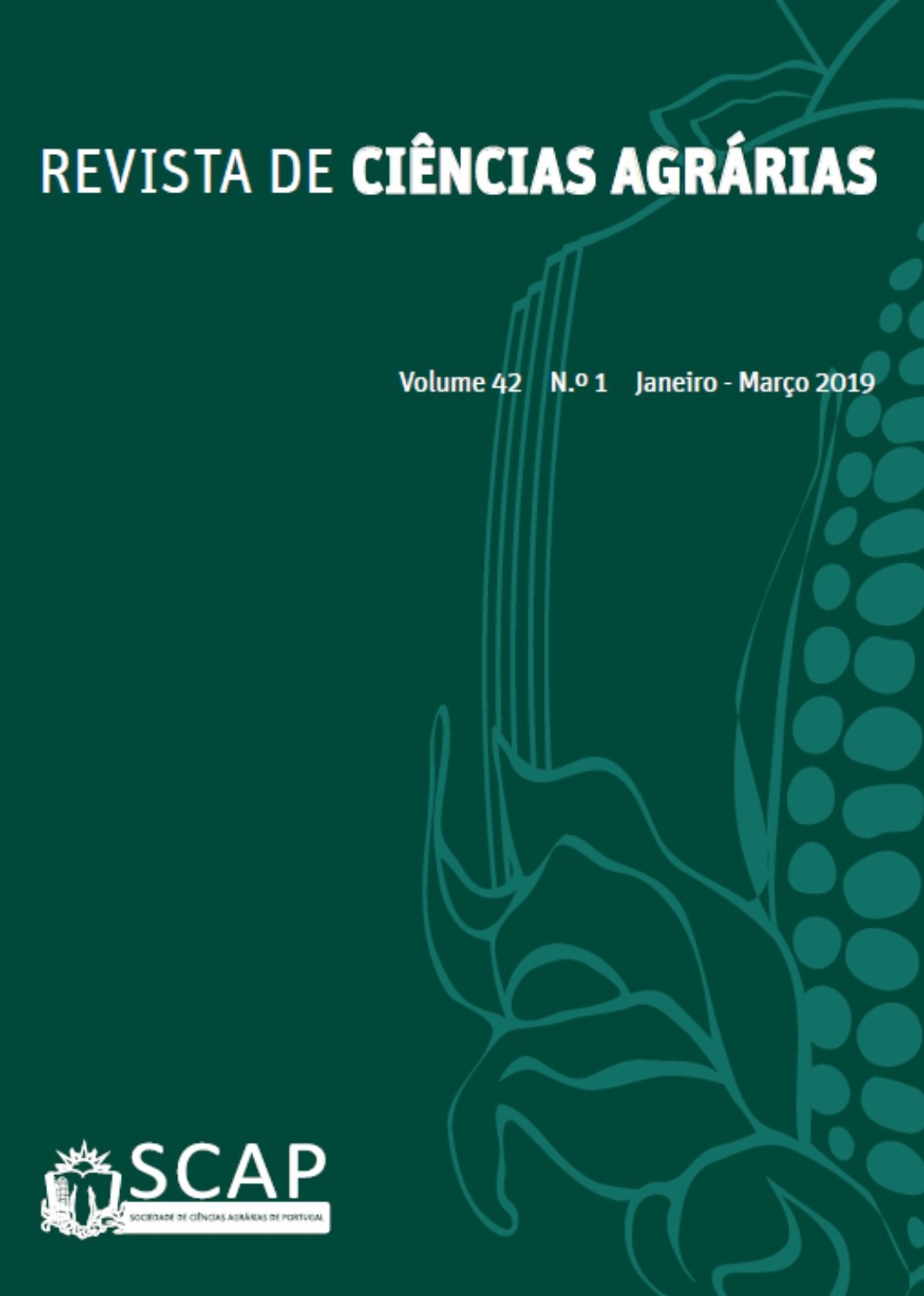Physiological potential of two rice seeds in response to salt stress
DOI:
https://doi.org/10.19084/RCA17279Abstract
The objective was to evaluate the physiological quality of rice seeds of BRS AG and BRS Pampa under different saline levels. The seeds were subjected in four concentrations of sodium chloride (NaCl), zero, 50, 100, and 150 mM and the seed response to these variations were evaluated by germination, first count, seedling shoot and root length, dry weight, and respiratory activity. The experiment design was a completely randomized in factorial design, with two rice cultivars and four concentrations of NaCl. The experimental data were subjected to variance analysis and when significant, qualitative variables were compared by Tukey test at 5% probability and quantitative variables submitted to
polynomial regression analysis. The germination of BRS AG seeds was less sensitive to salinity than BRS Pampa seeds. The growth of shoot and root and dry matter accumulation of seedlings of both rice cultivars is affected negatively for salt stress conditions. The respiratory activity of seeds of both cultivars is affected by excess salts in the hydration process.


